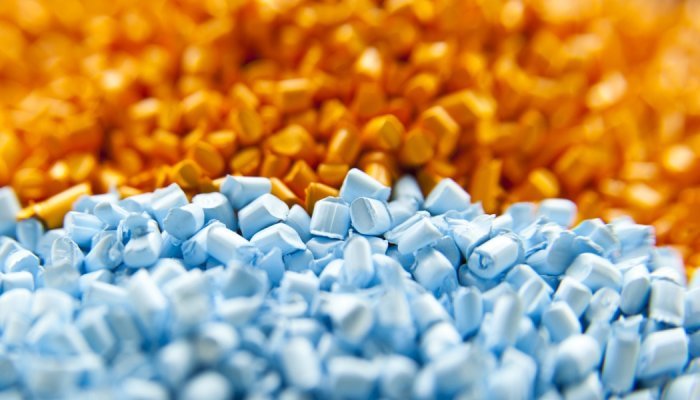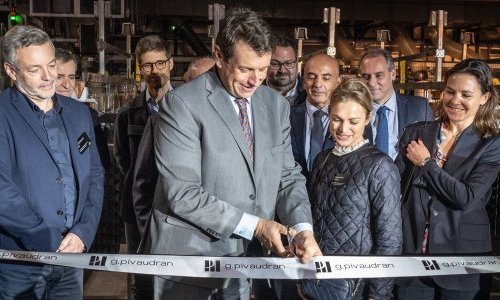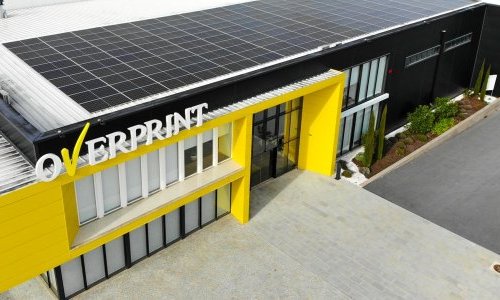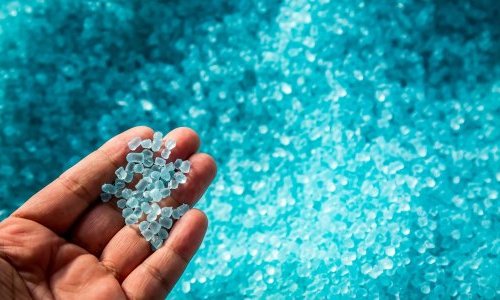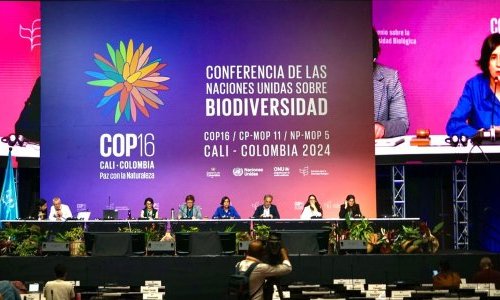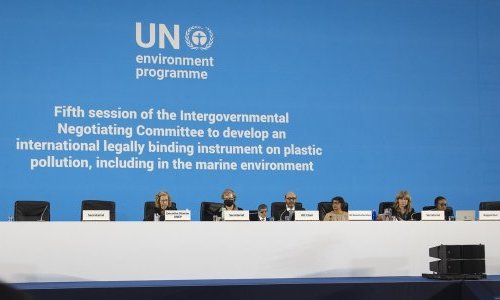Last year, the 27 EU countries, the United Kingdom, Norway and Switzerland together produced 54 million tonnes of virgin plastic (a drop by 8.3%), and 7.1 million tonnes of recycled plastic (-7.8%), according to the annual data released on Monday 18 November by the professional organisation which brings together around a hundred companies producing more than 90% of all polymers in Europe.
Net importer
“These figures contrast with a 3.4% global increase in plastics production and mean that Europe’s share of the global market has further declined to 12% from 14% in 2022 and 22% in 2006,” highlighted Plastics Europe in a statement.
“Whilst Europe has maintained a positive trade balance in value terms, in tonnage terms it became a net importer of plastics resins in 2022 and plastic finished goods in 2021,” the text adds.
And exports of plastics resins fell by 25.4% between 2020 and 2023.
“This shift threatens the viability of the European plastics value chain which currently supports over 1.5 million jobs across 51,700 companies and generated more than EUR 365 billion in turnover within the EU in 2023,” says Plastics Europe.
Competition from Asia and the USA
Main reason given for this decline is “a sharp increase in imports” of plastic resins and finished goods which are much cheaper than in Europe “from regions with less stringent environmental standards,” such as Asia, and/or from countries where energy costs are much lower, such as the United States.
Nevertheless, Europe remains the region of the world where the share of "circular" plastics (i.e. recycled or bio-sourced) is the highest, with 14.8% of local production. However, the trend is decelerating with an increase of 0.7% only, compared to 2022. Such a low rates “falls short of the growth required to meet the ambitions of the Plastics Transition roadmap,” comments Plastics Europe.
In addition to a decline in mechanical recycling production, only 0.12 million tonnes of chemically recycled plastic was produced in Europe in 2023, while bio-based plastics production slightly increased to reach 0.8 million tonnes.
With just days to go before the opening of UN negotiations in Busan, South Korea, to conclude an international treaty on the elimination of plastic pollution, Plastics Europe believes that "Europe’s eroding competitiveness threatens our industry’s circular plastics transition."
“The hard truth is that we already see EU manufacturing plants being shut down, leading to offshoring of the industry, jobs and sustainable investments. The circularity transition will only be successful if policymakers urgently implement the framework conditions needed to regain our competitiveness and provide an attractive long-term perspective for circularity investments. The window of opportunity is narrow and the time for bold action is now,” alerts Marco ten Bruggencate, President of Plastics Europe, and President Dow EMEAI.

